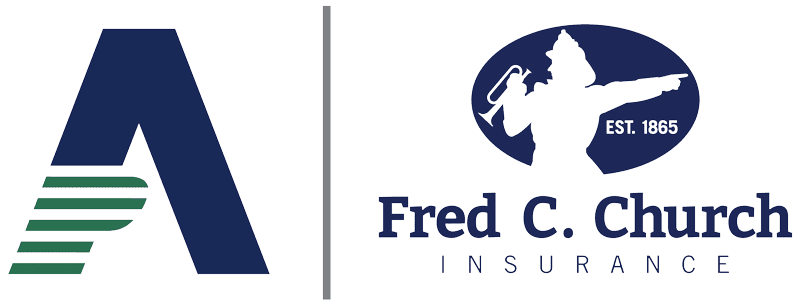As your insurance broker, Fred C. Church can help you assess the likely insurance coverages, offer essential guidance, and assist with measuring your potential losses. These measurements are often quite complex, and with the widespread impact of this event, we want to be there for you to offer our support.
STEPS TO TAKE IMMEDIATELY
- Set up a separate General Ledger account to capture specific event-related expenses outside of normal business expenses. (This is a receivable account and does not flow to P&L).
- Examples include outsourced services for decontamination/sanitization, security services, etc.
- Do not include hourly labor or utilities (This will be analyzed separately).
- Track and compile specific canceled and/ or reduced events, orders, bookings, contracts, etc. (where applicable).
- Document specific mitigation efforts undertaken (i.e., use of an alternate location to assist, outsource to a competitor, use of finished goods inventory, etc.).
- Track and summarize hourly labor specifically related to event (employee name, dates worked, hours (Reg or OT), hourly rate ((Reg or OT)), and general description of task(s). Establish a specific labor work task code related to the event, if possible.
QUESTIONS YOU’LL NEED TO ANSWER
- Describe the products or services the business provides.
- Who are your main customers?
- How many days do you operate? What are normal business hours?
- Explain in detail how the event affected your business.
- How long do you expect to be closed or impacted?
- Have there been any significant changes to your business or industry within the past year?
- Is revenue truly lost – or postponed /delayed?
- Do you own other locations? If so, can they be used to assist?
- Hourly payroll details (how many employees, what are they doing during the loss period, effect on labor cost post-event)
RECORDS TO HAVE READILY AVAILABLE
- Monthly P&L statements for the last two years
- List and description of any other unusual events during the past two-three years (i.e., hurricane, customer relocation, etc.)
- Daily revenue reports (if applicable) for 30-90 days before and during the loss period
- Weekly/bi-weekly payroll reports for the 12-months prior to and during the loss period
- Other regular reports used to manage/monitor business activities for one year prior to and during the loss period (e.g., key performance indicators)
Be sure to visit the Fred C. Church COVID-19 Resource Hub where you can find more information about common commercial insurance coverages and how they may respond to a business loss, unique business risks associated with the pandemic, COVID-19-related employee benefits considerations, and other helpful resources.



